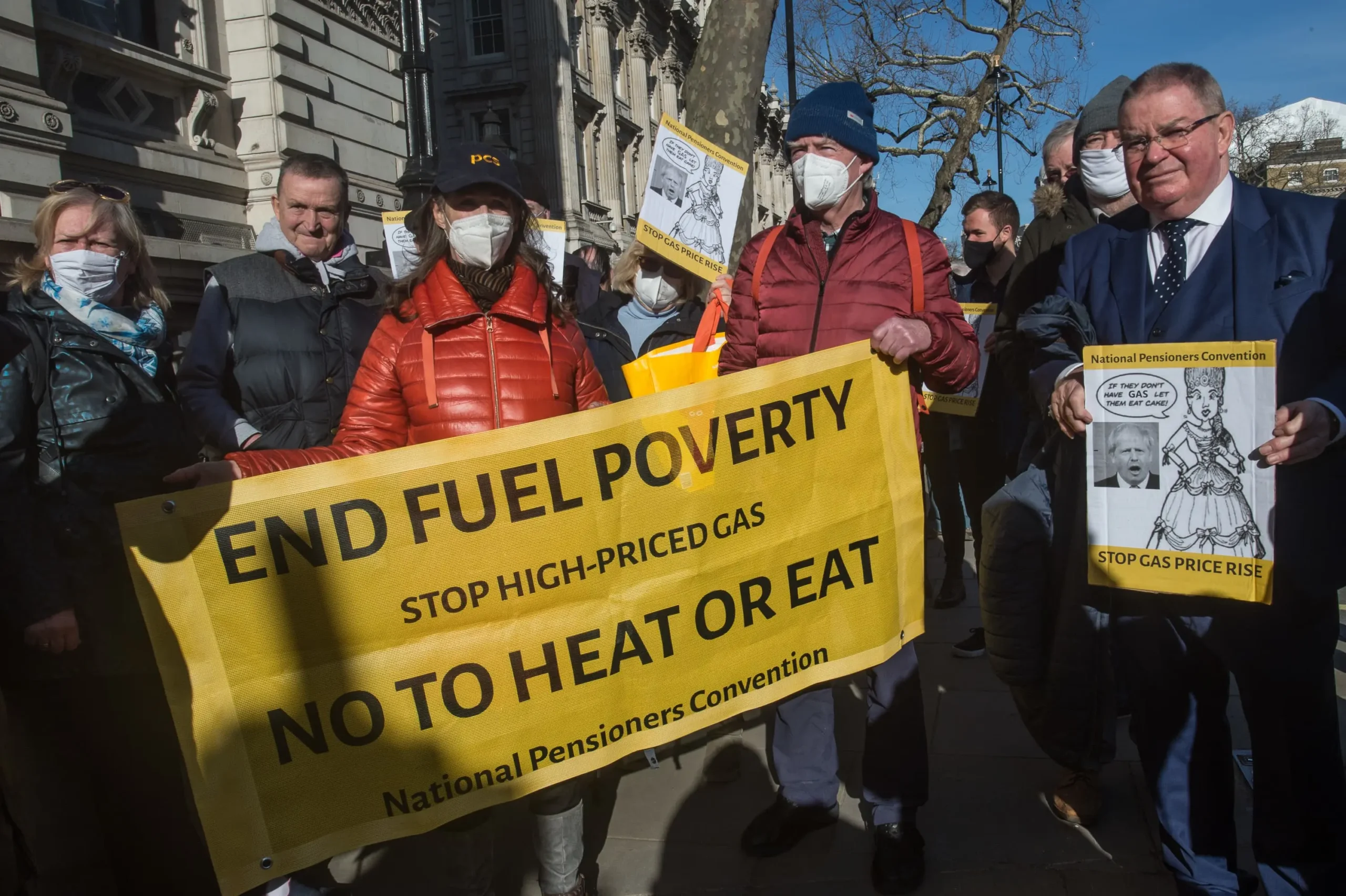After Finance Minister Jeremy Hunt revealed additional stress. Including tax increases now and spending cuts further down the track. The country’s budget analysts warned that Britain faces a historic damage to living conditions this year as rising inflation diminishes revenues.
Hunt unveiled a budget proposal on Thursday to save 55 billion pounds annually to rebuild the public finances in an effort to repair Britain’s fiscal reputation after the disruption caused by former prime minister Liz Truss’s plans for significant tax cuts.
Tax rises are expect to account for about half of the budget cuts. Which has sparked discontent within Prime Minister Rishi Sunak’s governing Conservative Party. Which is schedul to hold a national election in two years.
UK Economy in Trouble
Even before Truss drove financial markets into a tailspin, Britain’s economy was suffering from rising inflation as well as a slowdown in the economy as it already struggled to overcome many challenges outside of the European Union.
Since income growth had been essentially stagnant for a decade prior to the epidemic. It’s the only Group of 7 economy that has not yet returned to its pre-COVID size.
The Office of Budget Responsibility predicted that household disposable incomes will experience their steepest reductions in records going back to the 1950s. Falling by 4.3% in the current fiscal year and 2.8% in 2023–24.
All the gain in living standards so over eight years preceding to 2022 would be wipe by that two-year dip, according to the OBR.
A crisis in the livelihoods is already affecting millions of Britons. In October, inflation reached a 41-year high of 11.1%.
Hunt, however, asserted that even if the majority of the economic tightening is postpon until after 2024. When the next general election is anticipat. It will still be necessary for Britain to preserve the recent effort of calm to financial system.
Tax and Inflation Increase
According to the OBR, the tax burden will increase from 33.1% in the 2019–20 tax year to 37.1% of Gross domestic product in five years. Which will be its highest sustain peak since World War 2.
Hunt told lawmakers. “Credibility cannot be taken lightly and yesterday’s inflation data demonstrate that we must maintain a persistent campaign to bring it down. Along with a crucial commitment to restore the public finances.
Inflation is expect to average 9.1% this year, 7.4% in 2023, then drop drastically. According to Hunt, who claimed that the economy is now in a recession and will continue to contract the next year.
At 1640 GMT, investors evaluated the severity of the retrenchment, which appeared to be more severe than anything planned by other large, wealthy economies. Sterling is down 1.1% it against dollar & 0.5% against the euros.
Marcus Brookes, chief investment officer at Quilter Investors, stated that the United Kingdom “remains somewhat of a difficult area to appraise at this point.”
We may have to wait for a longer-term sustained downward slope of inflation because we aren’t necessarily just at end of the bad news train and because a protracted recession is already priced in.
“NEXT STEP”
The rating agency Moody’s said Hunt’s plan was a “next step” in fixing the national finances after the last month’s warning that it could drop Britain’s credit score due to Truss’s brief but turbulent tenure as prime minister.
Evan Wohlmann, senior credit officer at Moody’s. Noted that the “polarised domestic political climate & increased policy unpredictability may hamper efforts to execute on fiscal consolidation.”
Leading Truss administration minister Jacob Rees-Mogg expressed his “especially worry” about the tax increases. The plan was back by other Conservative Party lawmakers.
Hunt lowered the level at which people pay the top 45% rate to 125,000 pounds ($147,000). Which willresult in more people having to pay basic & higher-rate income taxes. Additionally, he reduced tax-free allowances for dividend income.
Companies will pay more since the point at which employers must begin making social security contributions is locked until 2028.
To raise a combined 15 billion pounds in revenue in 2019. A temporary tax on oil and gas company earnings will increase to 35% from 25% until 2028. As well as a similar 45% tax will be placed on nuclear & wind power generation producers.
According to Hunt, public spending would increase overall even if it would grow more slowly than the economy.
The cost of a scaled-back energy cost cap would be close to 13 billion pounds in the next year. Which is less than half of what Kwasi Kwarteng, Truss’s finance minister, had anticipated.
However, pensions & welfare benefits would increase in accordance with inflation, significantly straining the public purse.
The true impact of tax increases and spending cuts won’t be felt until after the anticipated 2024 election, according to Paul Johnson of a Institute for Fiscal Studies think tank, raising doubts about whether this will truly occur.
“RETREAT NOW”
The OBR said that Britain was now in a recession and predicted a 1.4% decline in the economy for the following year as a result of the fiscal tightening. It projected growth at 1.8% in 2023 in March.
In 2024 and 2025, respectively, the OBR predicts 1.3% and 2.6% GDP growth.
The opposition Labour Party claimed that the Conservatives had not learned from previous failures to balance the budget without a clear strategy for economic expansion.
According to Labour’s finance spokeswoman Rachel Reeves, “this administration has pushed our economy into the a doom-loop where poor growth leads to greater taxes, lesser investment, tighter wages with running down of public services.”
Hunt gave the government 2 additional fiscal guidelines, one of which was to reduce the debt as a percentage of the economy in five years. The OBR reported that this goal was on pace to be achieved.
